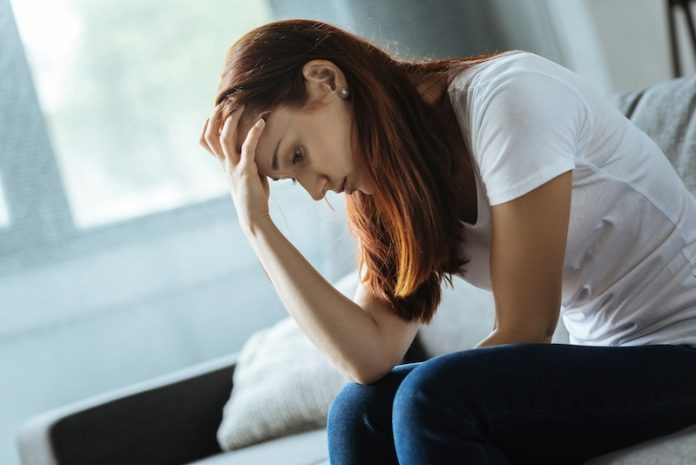
Clinical depression is a serious mental health condition that affects millions of people around the world, and women are nearly twice as likely as men to experience it.
This difference is not just due to hormones or life stress—though those play a role—but also due to how women tend to experience and express emotional pain.
Knowing the signs of clinical depression in women is an important step toward early support and recovery.
Depression is more than just feeling sad for a few days. In women, it often shows up as a combination of emotional, physical, and behavioral changes that last for at least two weeks or more. One of the most common signs is persistent sadness or a low mood that doesn’t seem to lift.
Women with depression may feel empty, hopeless, or overwhelmed, even when things in their life seem fine from the outside. This sadness often comes with a loss of interest in activities they used to enjoy—whether it’s spending time with family, socializing, hobbies, or even work.
Another major sign of depression in women is fatigue or a constant feeling of tiredness, even after a full night’s sleep. Women may find it hard to concentrate, make decisions, or remember things. Irritability is also common. Instead of looking clearly “sad,” many women with depression may seem angry, easily frustrated, or unusually sensitive to rejection and criticism.
Sleep problems often go hand-in-hand with depression. Some women sleep too much and still feel tired, while others struggle with insomnia—lying awake for hours or waking up too early and not being able to fall back asleep.
Appetite can change, too. Some women lose interest in food and lose weight, while others overeat, especially comfort foods high in sugar or fat, leading to weight gain.
A key study published in JAMA Psychiatry found that hormonal changes—such as those during puberty, after giving birth, or around menopause—can increase the risk of depression in women. For example, postpartum depression affects about 1 in 7 women after childbirth.
During these times, women may feel deeply disconnected from their baby, guilty for not feeling happy, or overwhelmed by a sense of failure or fear. Unfortunately, these symptoms are often dismissed as just “baby blues” or stress, which delays treatment.
Another sign that’s often overlooked is physical pain. Women with depression are more likely to report headaches, stomach problems, or chronic pain that doesn’t have a clear medical cause. These symptoms may be the body’s way of expressing emotional distress when it’s hard to talk about feelings.
In some cases, depression can also cause thoughts of death or suicide. Women may feel like their family would be better off without them, or that there’s no way out of their suffering. These thoughts should always be taken seriously, even if they seem passive or not acted on.
The good news is that depression is treatable. Studies show that therapy—especially cognitive behavioral therapy (CBT)—can help women learn to manage their thoughts and emotions.
Antidepressant medications may also help regulate mood, especially for moderate to severe depression. A mix of professional support, social connection, and healthy lifestyle changes can make a big difference.
Recognizing the signs early and getting help can prevent depression from taking over someone’s life. If you or someone you care about shows signs of depression, don’t wait. Reaching out for support is a brave and important first step toward healing.
If you care about mental health, please read studies about 6 foods you can eat to improve mental health, and B vitamins could help prevent depression and anxiety.
For more health information, please see recent studies about how dairy foods may influence depression risk, and results showing Omega-3 fats may help reduce depression.
Copyright © 2025 Knowridge Science Report. All rights reserved.



